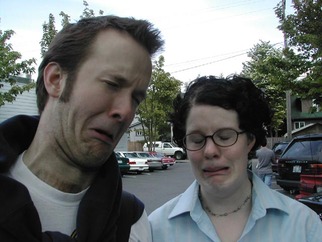"I try to pull the language in to such a sharpness that it jumps off the page. It must look easy, but it takes me forever to get it to look so easy… it takes me forever to get it to sing. I work at the language."  Many of us, in our excitement to hold in our hands the sweet fruits of our labor, try to rush the writing process. We want to eat the fruit before it’s ripe. That can be an unpleasant experience—for us and for our readers. Copy editing is an important step in bringing your book to maturity, in making it not just palatable, but satisfying. But copy editing may not be the next step for you. Copy editing should be done after developmental editing, not before. If you’ve not yet spent enough time on the global issues, such as character development and pacing, it’s not time to move on to a copy edit. Why spend time musing over correct word choice and accurate comma placement in a paragraph that may be deleted? Or fixing fragments in a chapter that will be totally revised as you turn pages of lifeless background information into living scenes? (Not a fiction writer? Don’t gloat; there are things for you to watch out for too.) Before you submit your work to a copy editor, focus on the big picture. There is a lot that could be said about this, but for now consider these steps:
· Okay, now you may be ready for a copy edit. Writing is hard work. But the more you write and the more you focus on improving your writing, the easier it becomes. When you learn early on in your writing life to edit out info-dumping and head hopping (and more), you’ll likely not include them in your next novel. Well, maybe in the first draft, but likely not in the second or third draft. The better your writing becomes, the more satisfied (and more plentiful?) your readers will be. The more satisfied your readers become, the happier you will be. · Have you ever tried to eat the fruit before it was ripe? Or tried sharing it with others while it was still sour? What happened?
· What can you tell us about your experiences with the order of editing that can help the rest of us?
0 Comments
|
Lisa RoettgerLisa is a developmental editor and a copy editor, as well as being a writer herself. She loves helping writers bring their books into the hands, heads, and hearts of readers. ArchivesCategories
All
|
Photo used under Creative Commons from goldberg

 RSS Feed
RSS Feed
